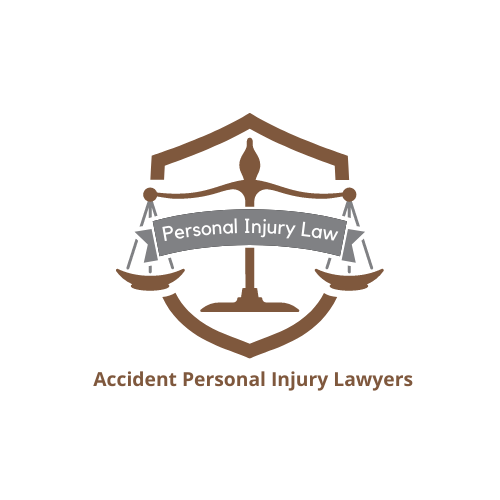Airport full body scanners have prompted controversy over privacy issues. Now, Healthland Time reports that a new debate is emerging concerning a so-called “cancer cluster” in airport security workers in Boston, according to Transportation Security Administration (TSA) union representatives.
It seems that the Electronic Privacy Information Center (EPIC) was able to obtain documents from the Department of Homeland Security under the Freedom of Information Act that show the government did not appropriately test scanner safety and ignored concerns from airport agents about radiation emitted by the machines, said Healthland Time. The documents include emails and radiation test results and studies.
The paperwork, says EPIC, proves that Homeland Security “publicly mischaracterized” National Institute of Standards and Technology (NIST) safety findings and suggested that the NIST “affirmed the safety” of the scanners, quoted Healthland Time. As a matter-of-fact, an NIST official stated, via an email that EPIC obtained, that the agency never conducted scanner safety tests and does not conduct such testing; the NIST had simply measured radiation from one machine against prevailing standards, said Healthland Times. No in-depth product testing over time is mandated.
Boston’s Logan Airport’s TSA union reps asked the agency to permit screeners to wear radiation-monitoring devices—dosimeters—but these have not been provided, said EPIC. The NIST does recommend that the screeners avoid standing next to the scanners, when possible, according to EPIC-garnered documents. A Johns Hopkins University study stated that radiation zones near body scanners could potentially exceed the “General Public Dose Limit,” quoted Heartland Time.
Meanwhile, although a request for radiation-monitoring devices has been sent to TSA headquarters, the devices have not been received and testing has not occurred. The TSA did post the following to its website, quoted Heartland Time: “TSA has implemented stringent safety protocols to ensure that technology used at airports to screen people and property is safe for all passengers, as well as the TSA workforce. In addition to regular maintenance, each individual machine that uses X-ray technology is regularly tested to ensure the radiation emitted falls within the national safety standards.”
Scientists are doubtful, noting that the TSA is utilizing tests performed by the machines’ makers, not an unbiased third party.
According to David Brenner, director of Columbia University’s Center for Radiological Research, not only is it difficult to identify the amount of radiation emitted by the scanner, “I see no reason at all why the TSA staff working the airport X-ray machines are not provided with film badges to monitor the radiation dose. If they were working with X-ray machines in a hospital setting, they would certainly be wearing film badges,” Heartland Time quoted.
MedLine Plus said that the scanners are in use at scores of U.S. airports, installed to help avoid attacks on America’s aviation system: About 486 full body scanners are in use in 78 airports.
